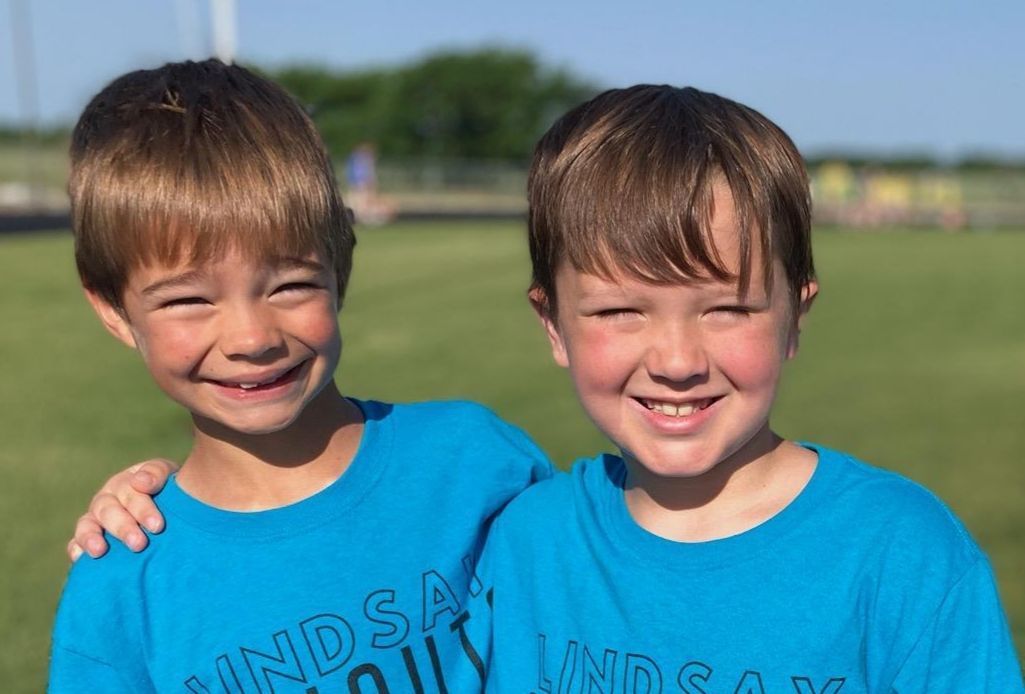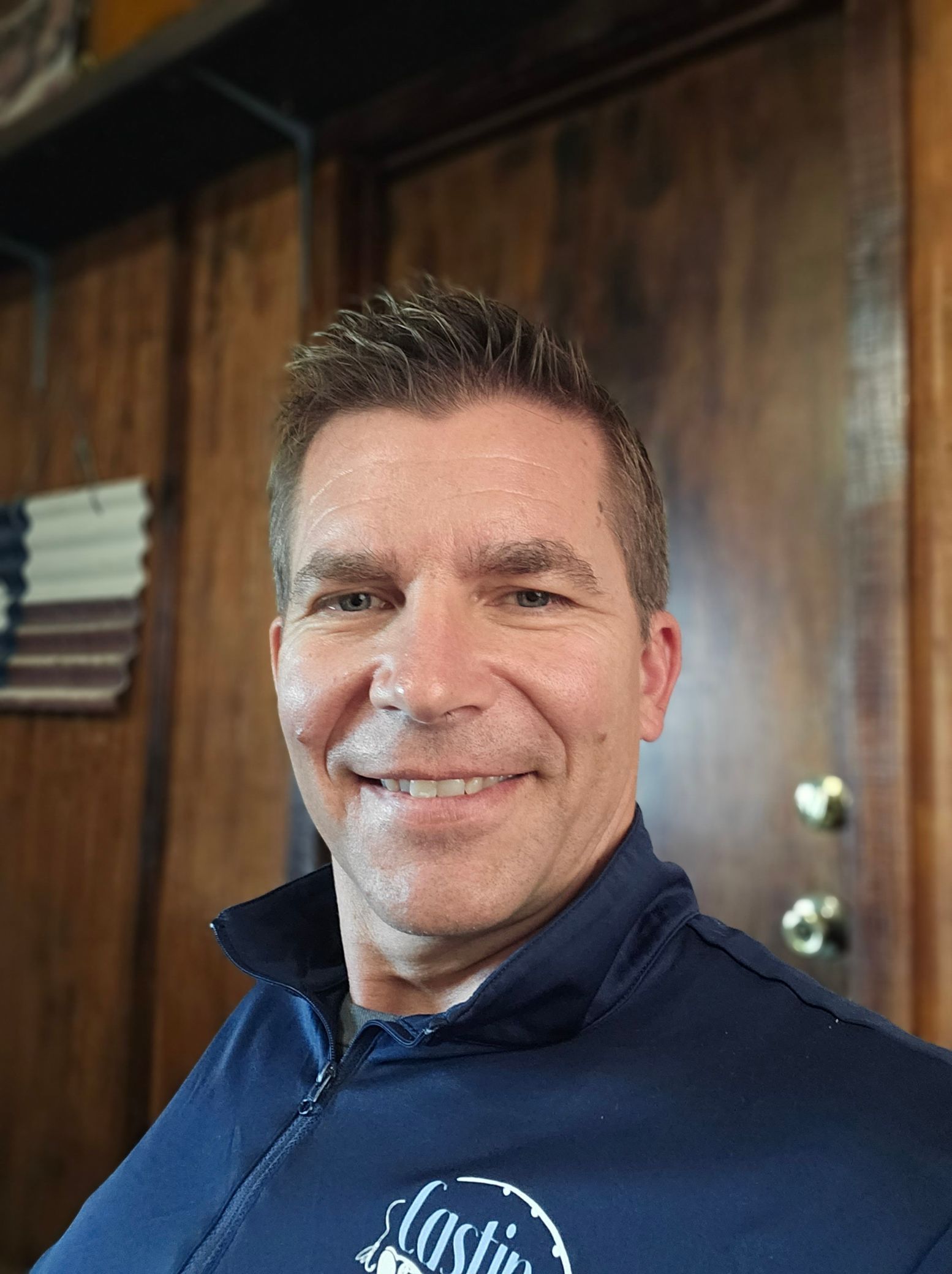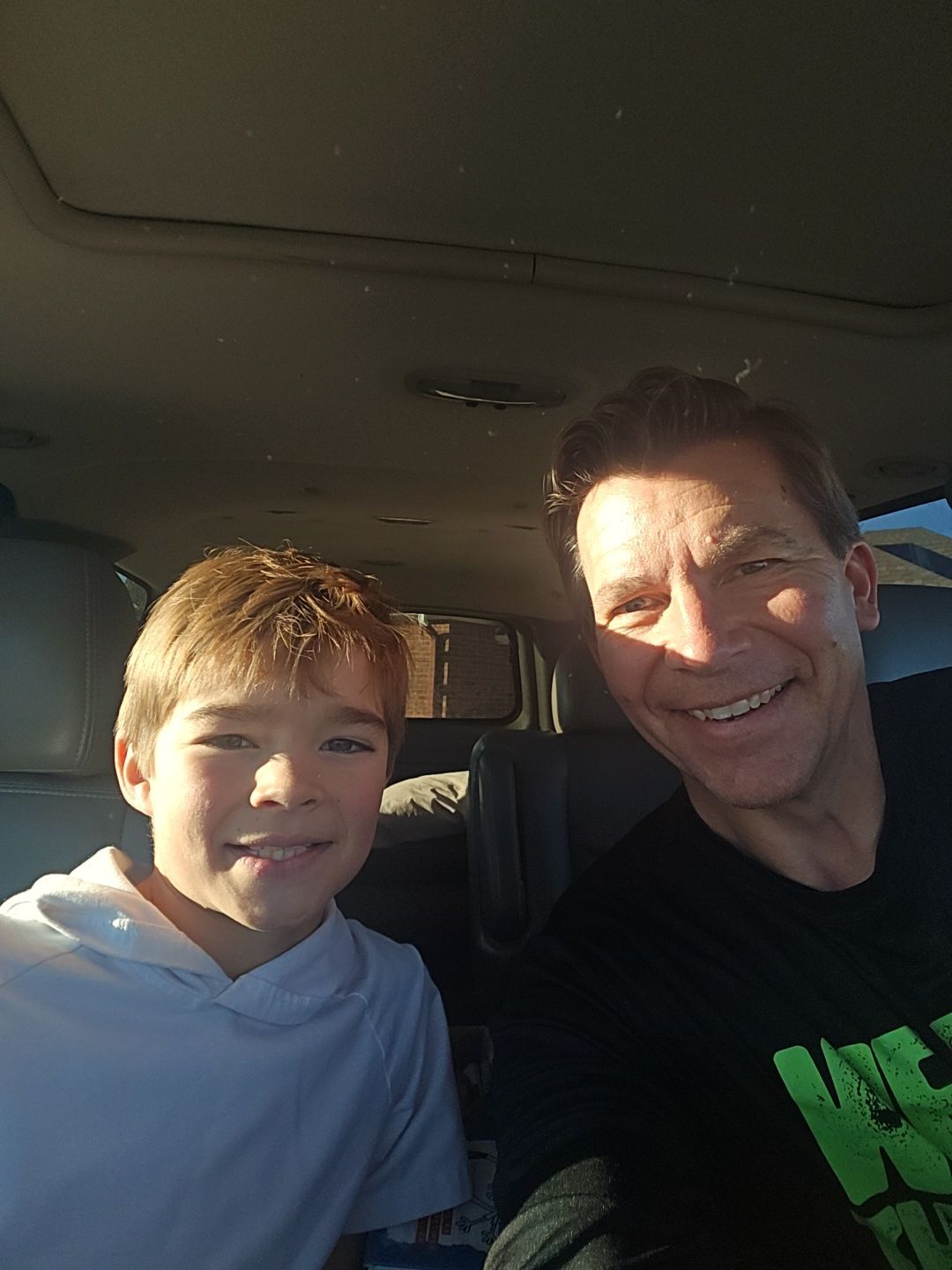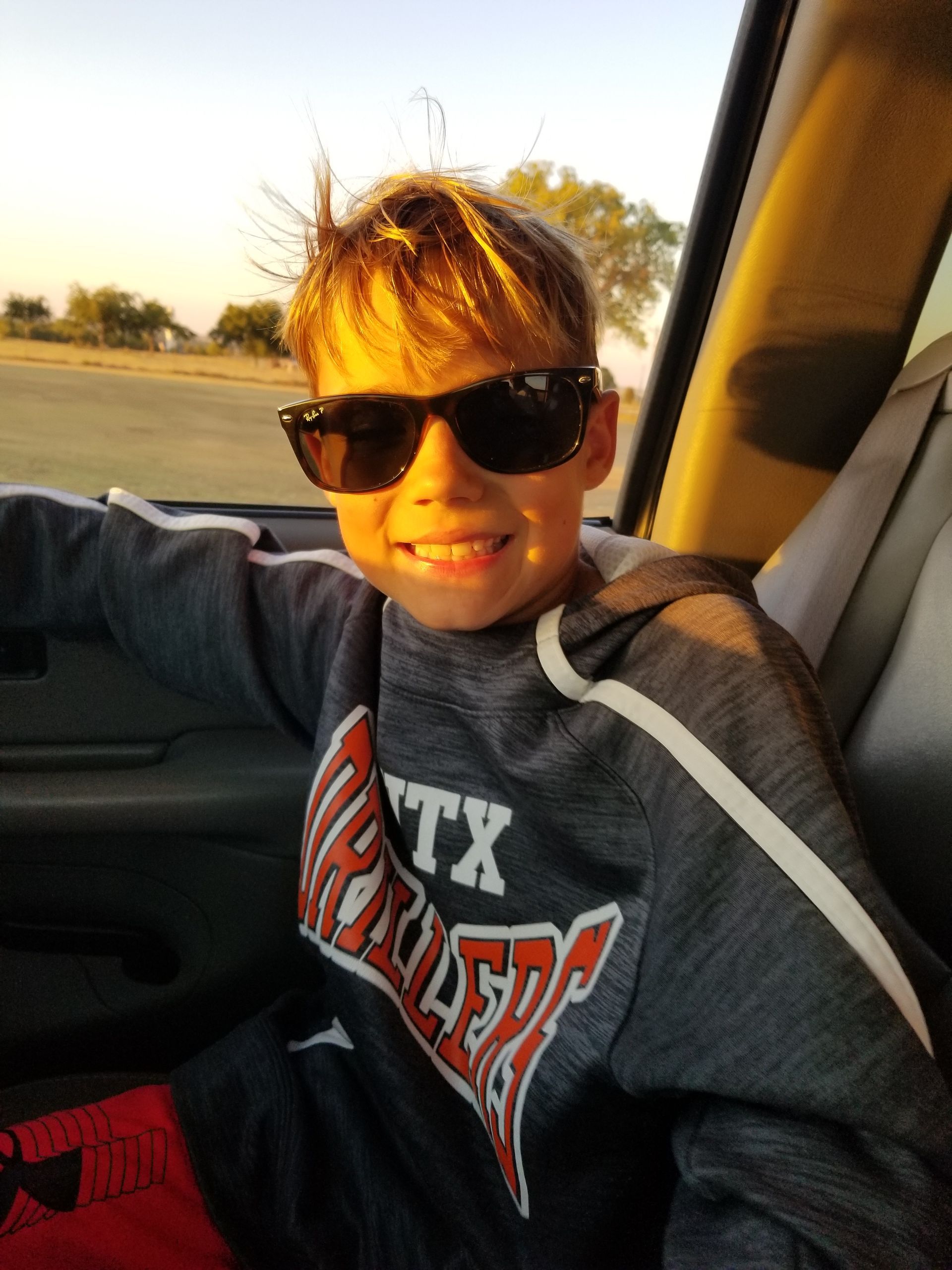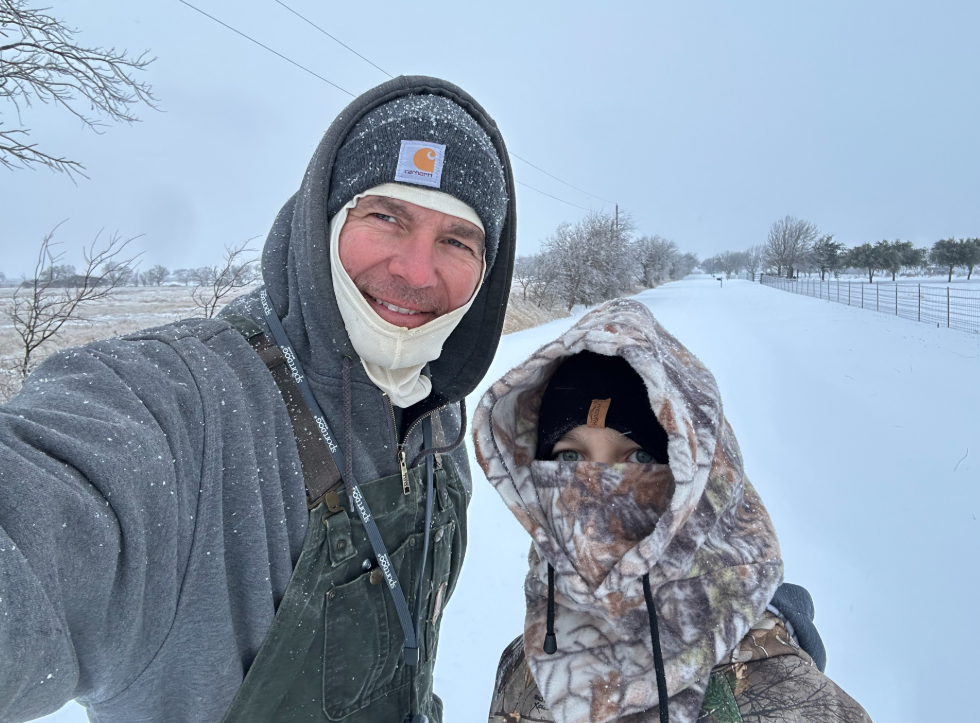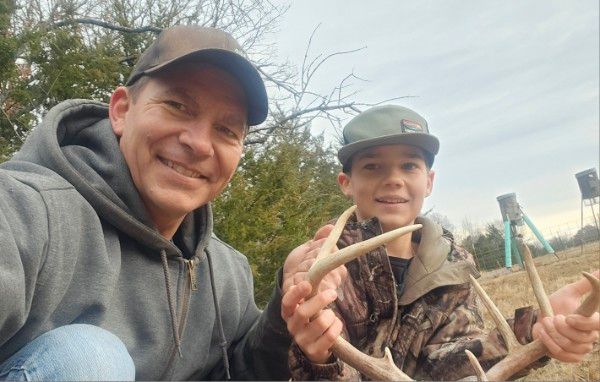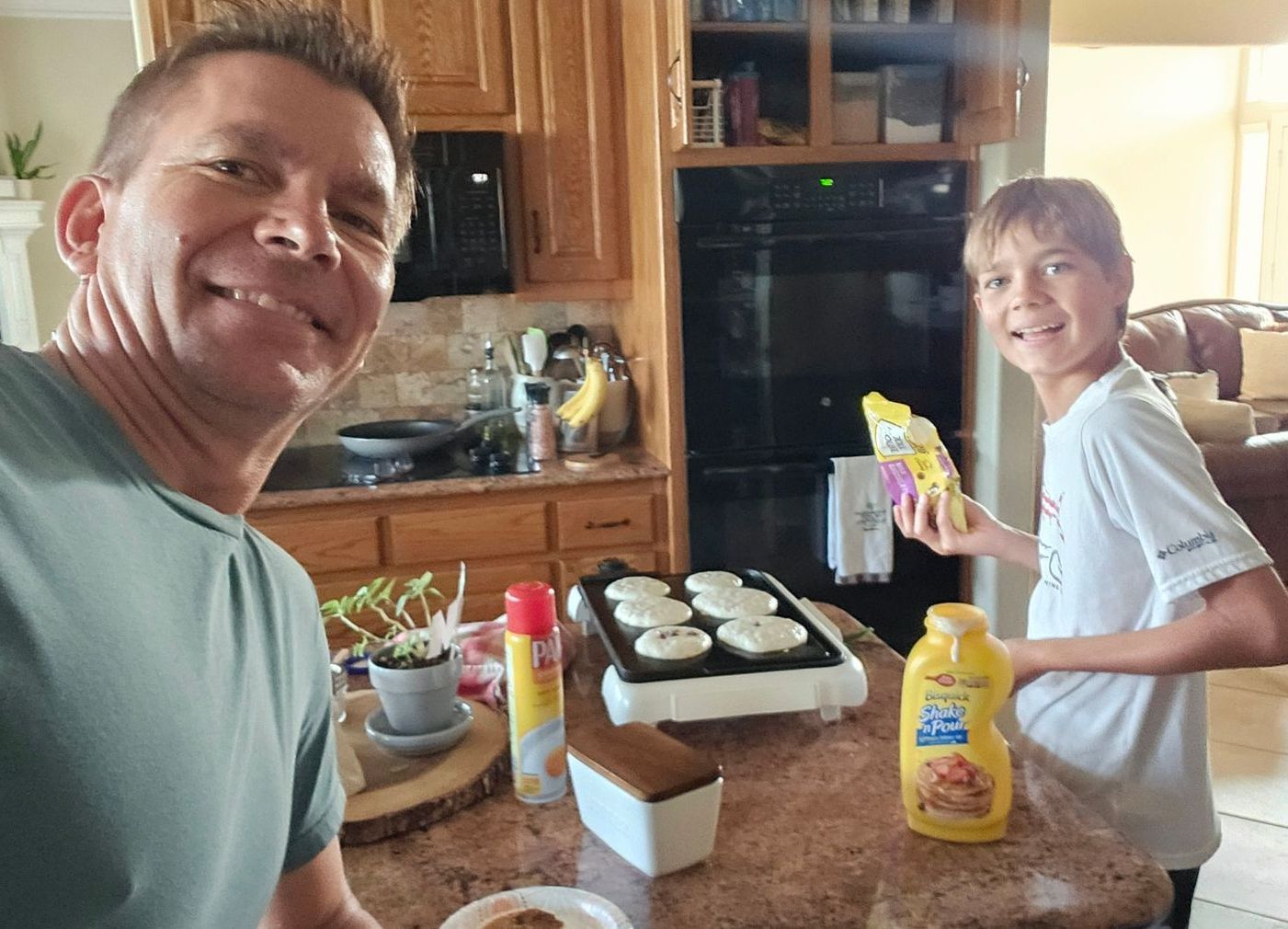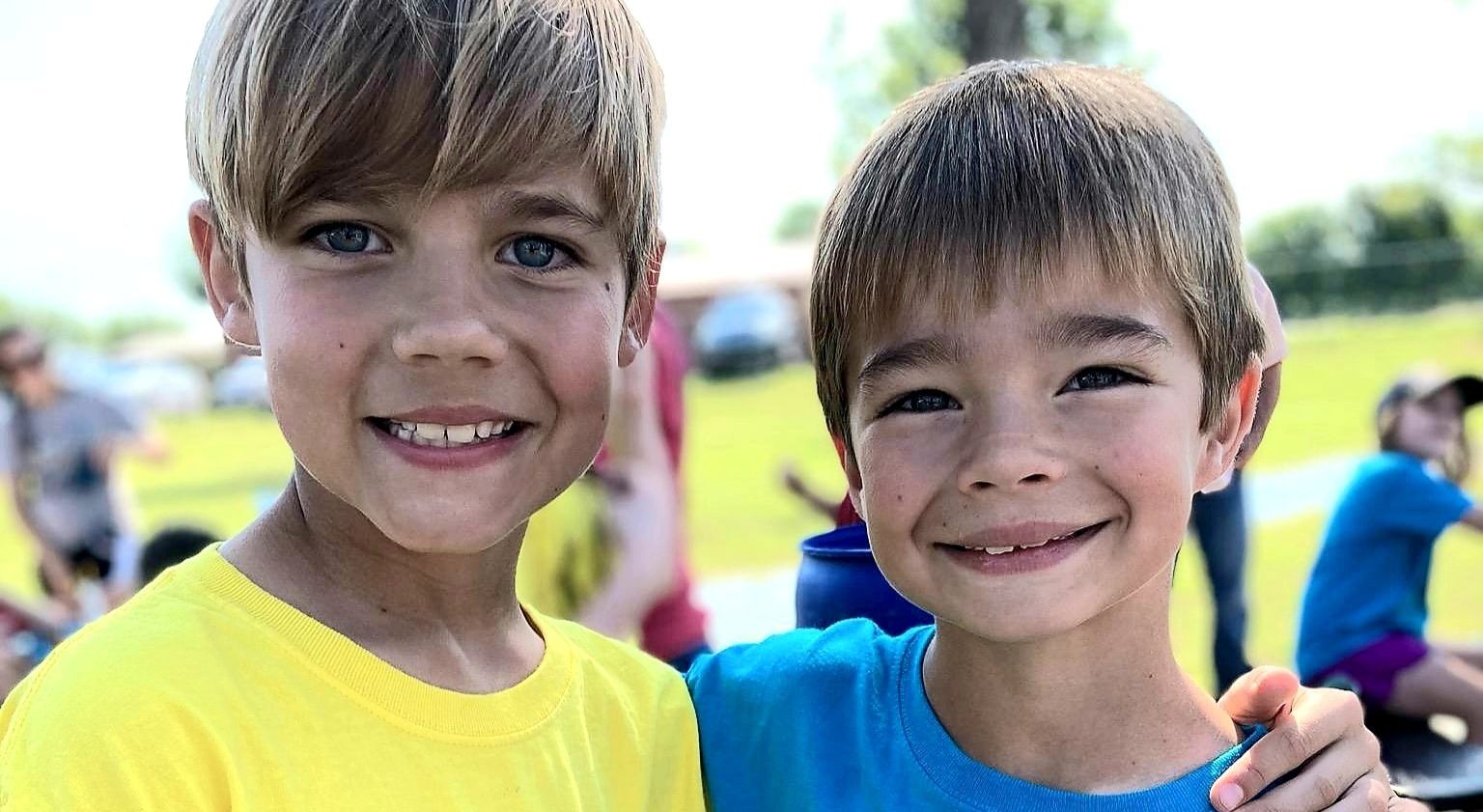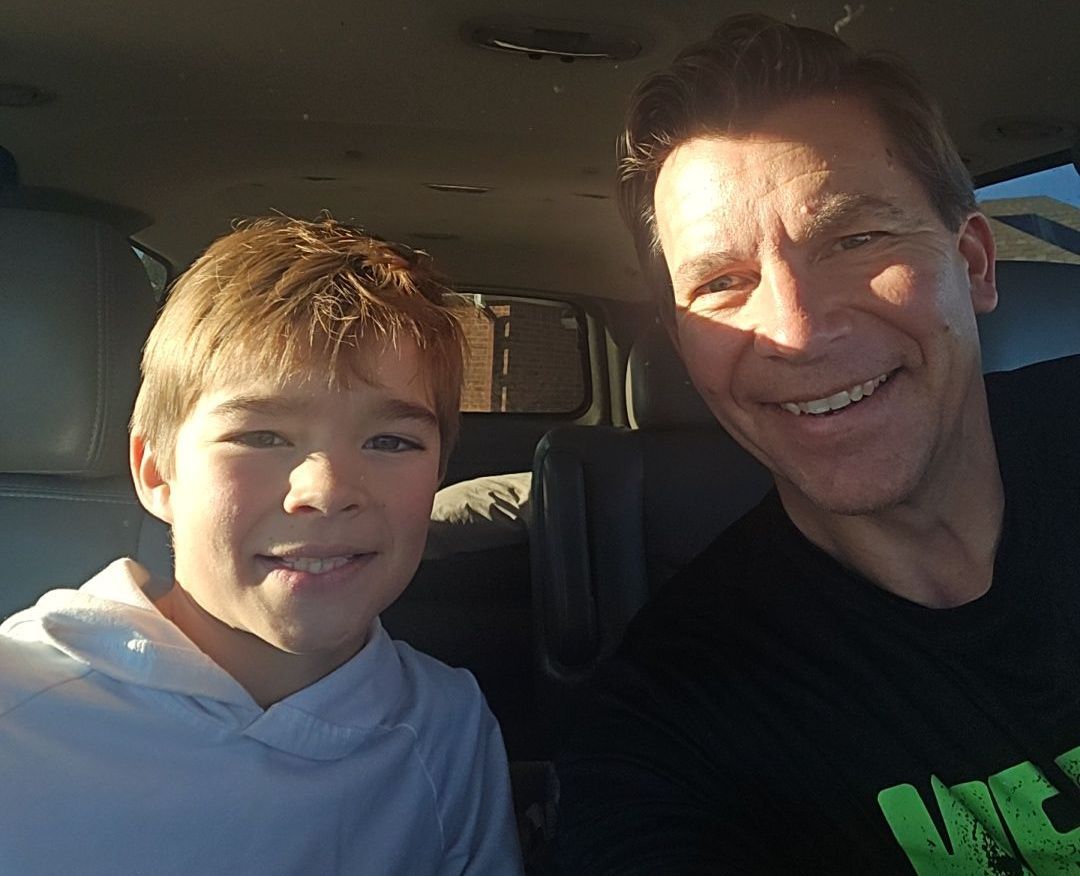Evening Walks with Eli
Some of the best conversations I’ve ever had happen while walking.
When we slow down, we open up.
The things Eli shares reminds me that wisdom doesn’t always come with age.
Sometimes it comes from stillness, curiosity, and a child’s honest heart.
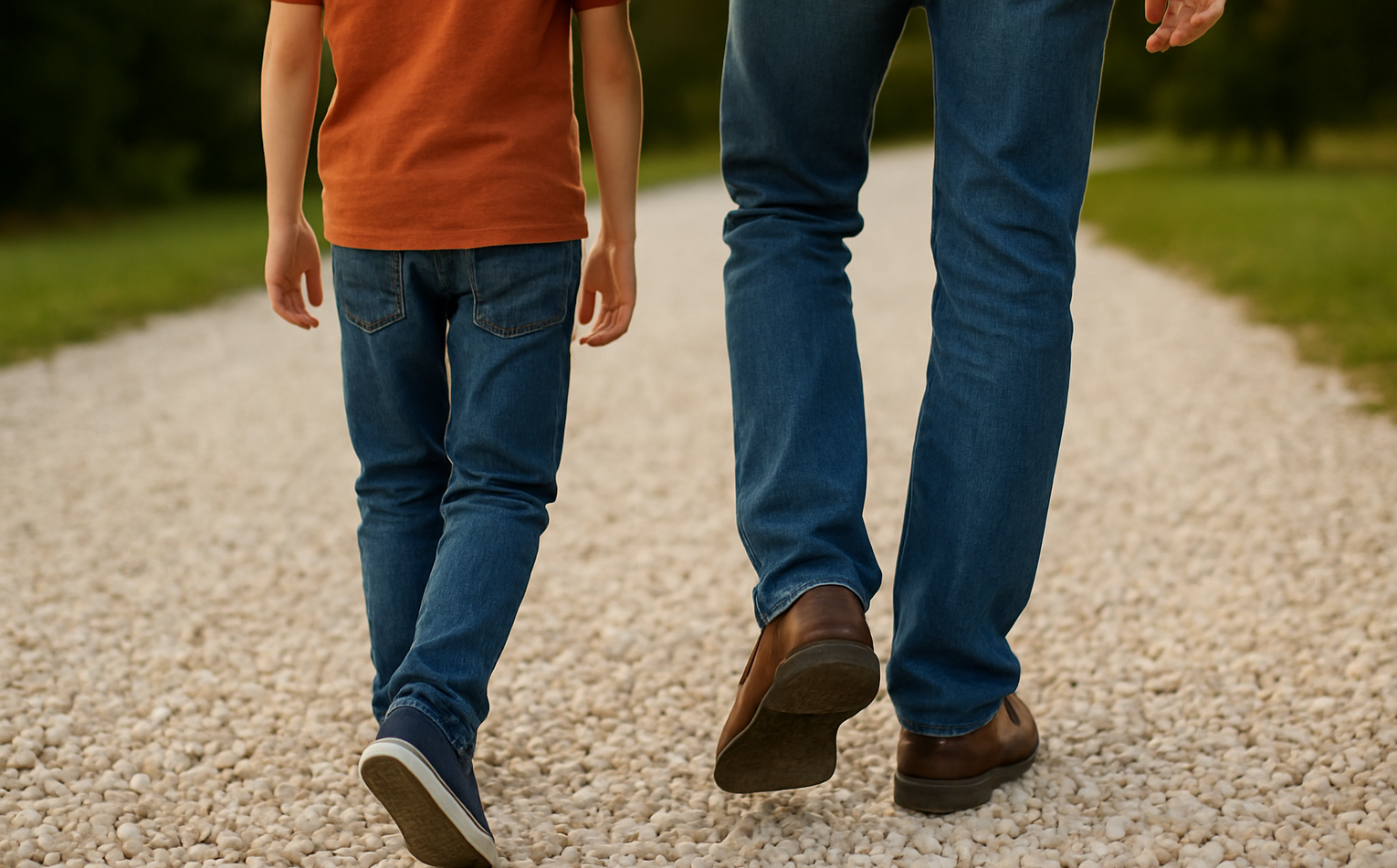
Eli, my 11 year old son, started joining me on my evening walks around our circle driveway a few weeks ago. I’m grateful for his companionship—his trust, his desire to share, and the courage he shows just by being himself. His nightly request to “walk a few laps” as the sun dips below the horizon always makes my day.
Eli runs cross-grain with most kids—and adults. He’s genuine, sincere, compassionate, and deeply thoughtful. When he speaks, I’m reminded how rare that combination really is.
To get the most from our walks, I’ve learned three simple things:
- Walk slowly
- Ask questions
- Listen (about 95% of the time)
A few nights ago, around lap number three, Eli asked, “Dad, do you ever feel bad for people?”
Not sure what he meant, I asked, “Can you tell me about someone I might feel bad for?”
He thought a moment. “Like if you have a friend who doesn’t have as nice a car as you—do you feel bad for them?”
“Why would I feel bad for them?” I asked.
“Because their car isn’t as nice. Don’t you want them to have a better car?”
“Maybe,” I said. “But what if they like their old car? Like my Suburban. Everyone thinks it’s old, but I like it. Should people feel bad for me?”
He went quiet. I stayed silent too, walking slowly beside him, giving him space to think.
Then he said, “I just feel bad for kids who don’t have what I have. Some have stretched-out clothes, some are a little dirty. I just want them to have as much as we do.”
He paused, then added, “The other day, our teacher asked us to pull out two highlighters. My friend only had one. I think he was worried he’d get in trouble. I didn’t want him to feel bad.”
His voice grew more passionate. “I just want to give those kids everything I have—my clothes, our bikes, even our house. They can have our house, Dad! We don’t need all this stuff.”
I could see him wrestling with two emotions: compassion and guilt. He wanted others to have as much—or more—than we do. He knows we’re blessed, and that awareness stirs something deep in him.
But guilt can be tricky. It has two sides.
Used well, it can guide us toward what’s right—a compass that aligns us with God’s priorities.
Used poorly, it can drain our joy and distort our purpose.
I asked gently, “Do you think your friend is happy?”
“Oh yes,” Eli said. “He has great parents and awesome brothers. They do fun things together. He’s always outside, like us.”
“Then maybe,” I said, “we focus on that—the fact that he’s happy.”
That moment wasn’t just about guilt or gratitude. It was about presence—the kind that comes from walking slowly, asking questions, and really listening.
Encouraging you, this week, to…
- Walk more slowly
- Ask more questions
- Listen more intently
Remain Encouraged,
Brian


